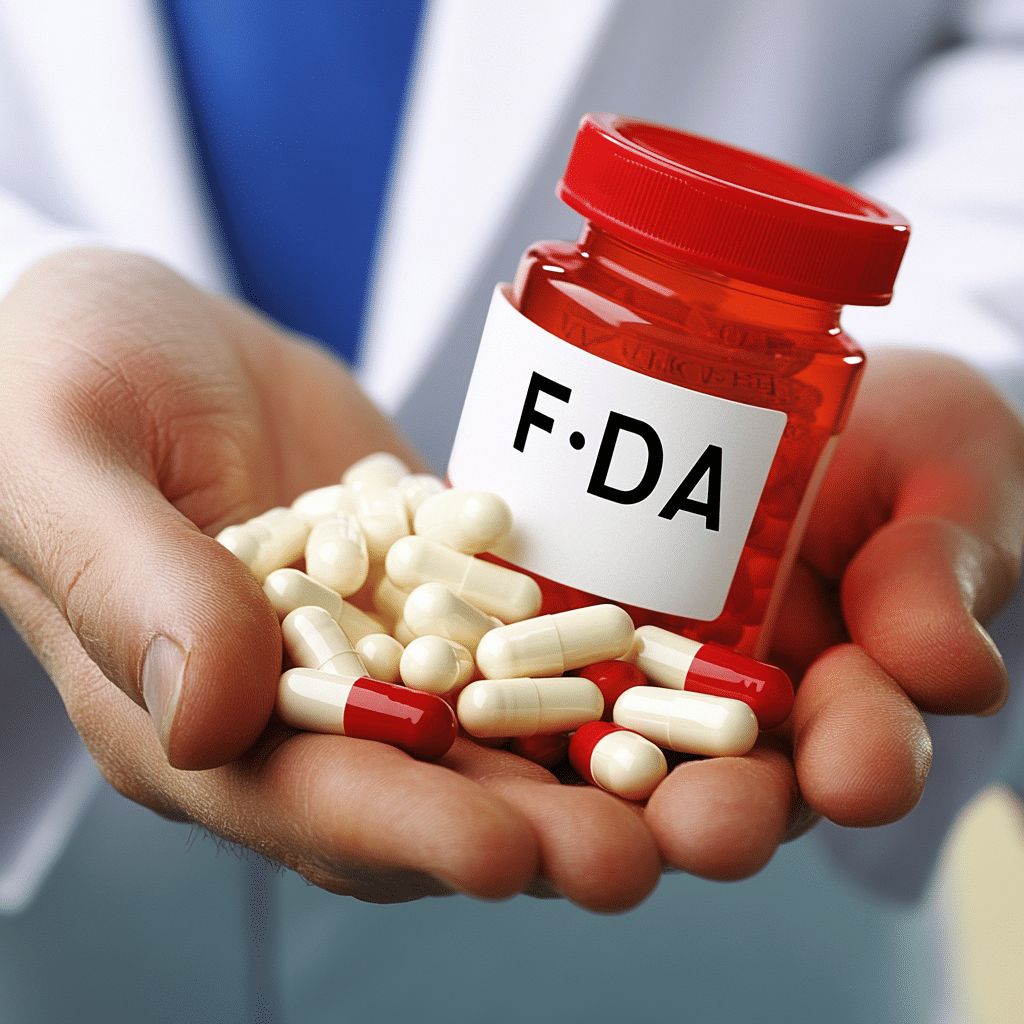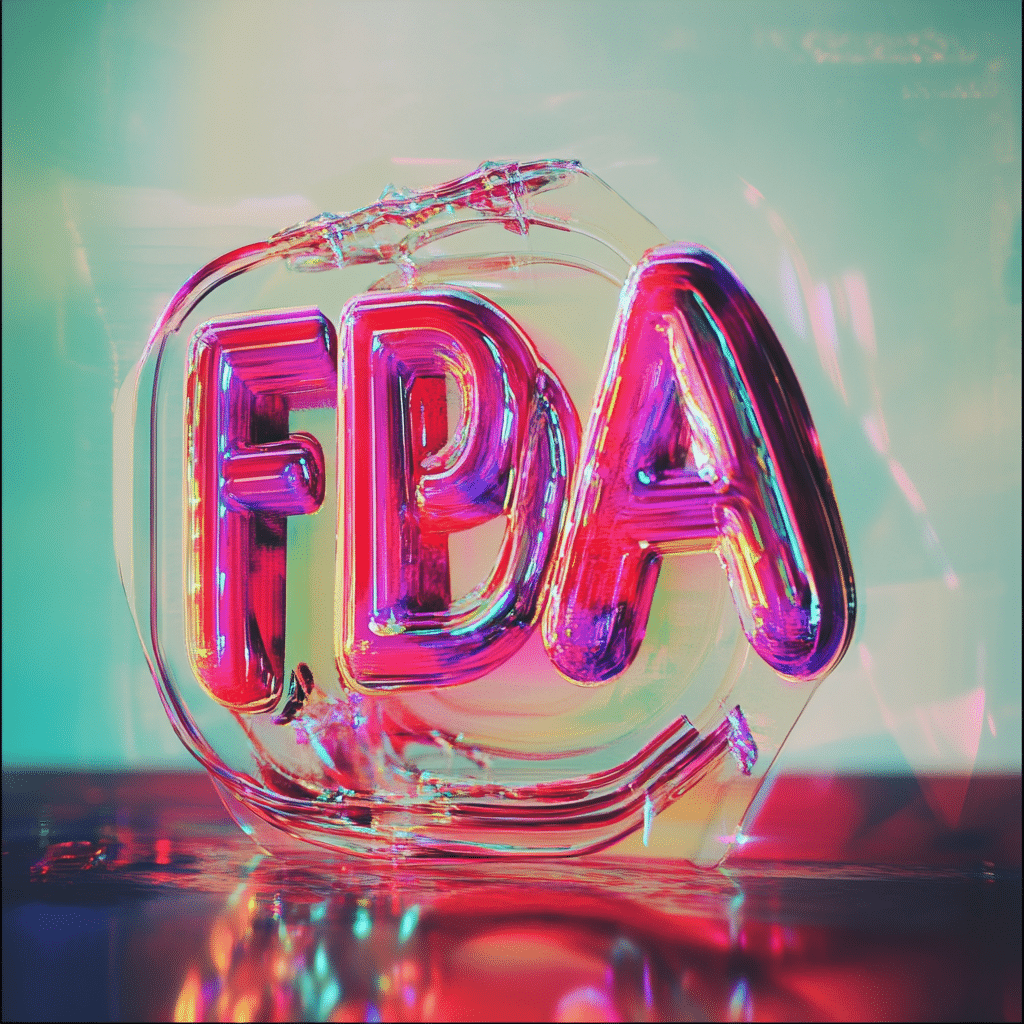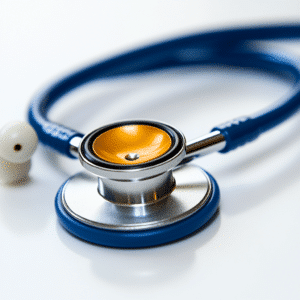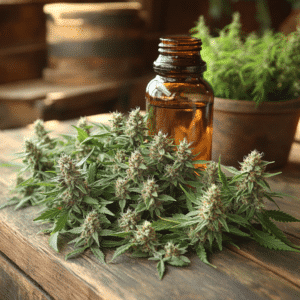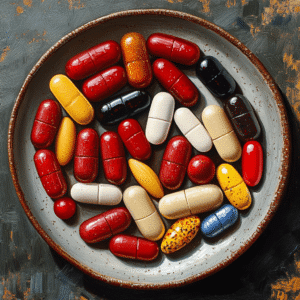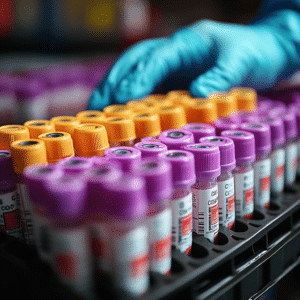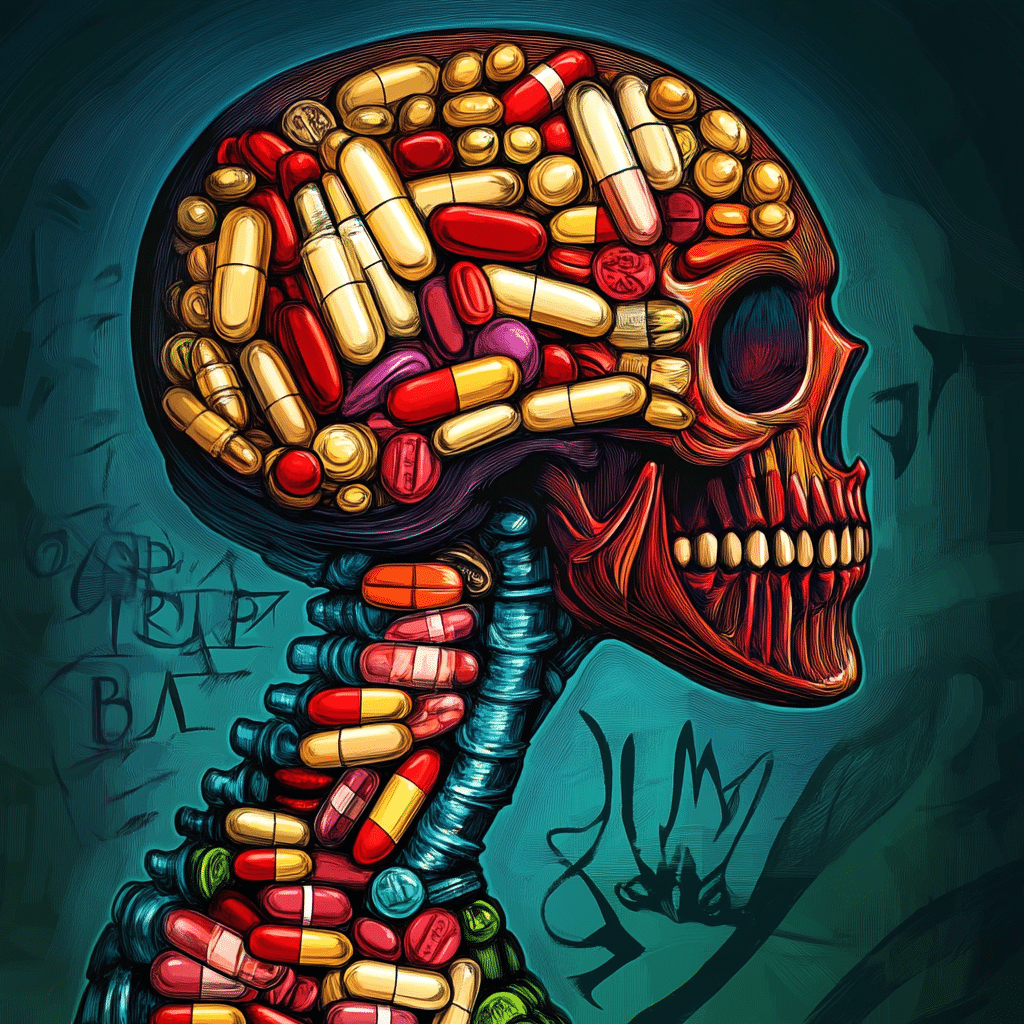
Understanding FDA Meaning: A Comprehensive Guide to Addiction for Parents
For parents grappling with the issue of addiction, understanding terms like FDA meaning can feel like trying to read a foreign language. The U.S. Food and Drug Administration (FDA) plays a pivotal role in regulating substances that can lead to addiction. By familiarizing yourself with the FDA’s role, you’re arming yourself with critical information about medications, treatments, and the risks associated with various substances.
Knowledge of the FDA meaning empowers parents to advocate effectively for their children. While the terminology might seem overwhelming, breaking it down can pave the way for informed discussions about substance use and its risks. As you delve into this article, you’ll find not just information, but also tools to help you tackle the tough conversations around addiction.
The landscape of addiction is constantly shifting, making ongoing education crucial. Whether your child is recovering from addiction or you’re seeking to prevent it, being well-versed in the FDA’s regulations can help you create a supportive environment. It’s not just about knowing the rules; it’s about understanding why they matter.
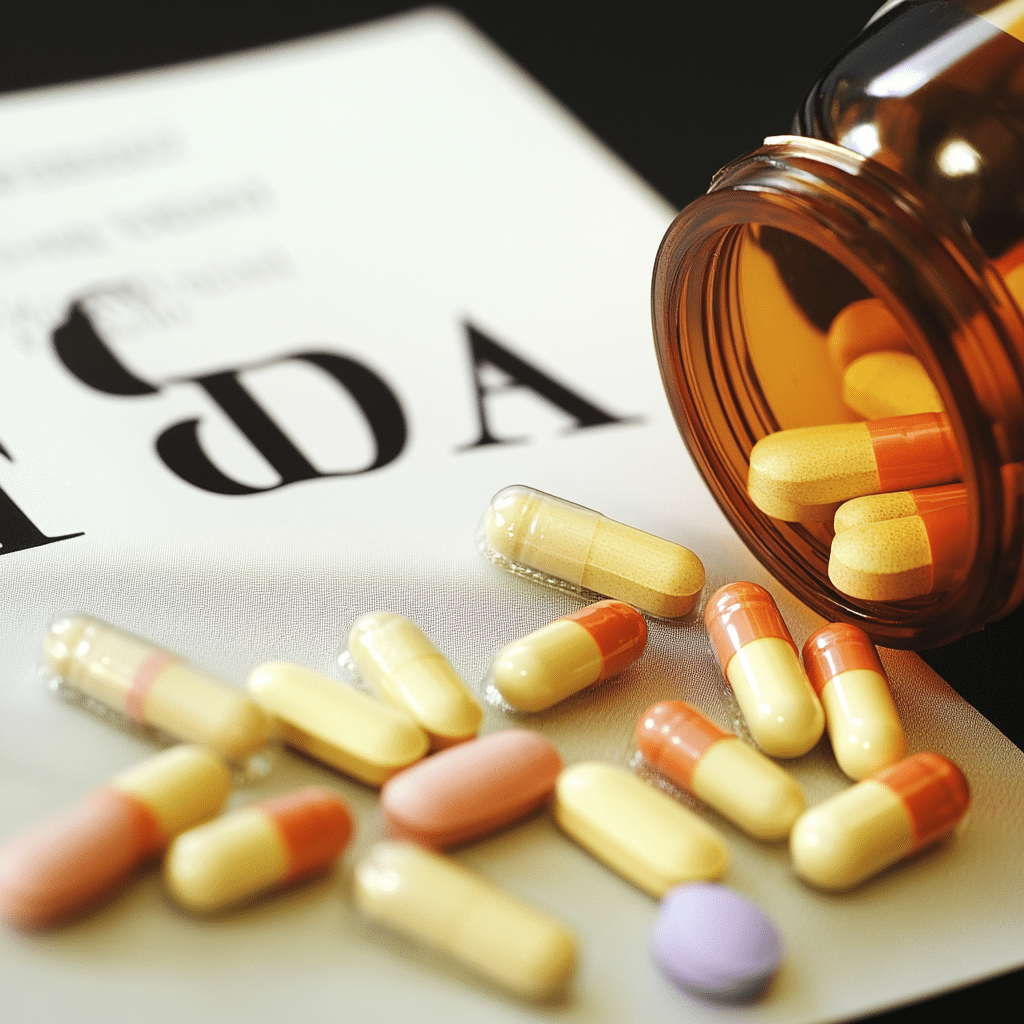
Top 5 Substances Under FDA Scrutiny and Their Implications for Addiction
1. Opioids: A Double-Edged Sword
Opioids, like OxyContin and Vicodin, are often prescribed for managing pain but can lead to serious addiction issues. The FDA meaning in this context is significant; it emphasizes the need for caution. Warnings and guidelines from the FDA aim to reduce the risk of misuse, but awareness is key.
Parents should have informed discussions with their children if these medications are prescribed. Misunderstandings about how opioids work and their addictive potential can lead to a slippery slope. Monitor your child’s feelings and behaviors closely during and after their prescription period.
2. Nicotine: Regulation and Youth Access
Nicotine is another substance that the FDA closely monitors, especially in products like e-cigarettes, which have gained immense popularity among teenagers. The FDA hasn’t just tried to regulate these products; it’s also attempted to prevent misleading advertising that targets young users.
Talking to your kids about the addictive nature of nicotine is crucial. Teach them about the risks associated with brands like Juul, known for their marketing strategies that have drawn scrutiny. Parents who understand the FDA meaning in this context can engage their children in meaningful conversations about the dangers of nicotine.
3. Alcohol: The FDA’s Role in Safety Labeling
While alcohol isn’t regulated by the FDA in the same way as prescription medications, it does oversee advertising and labeling, which can sometimes mislead consumers. Parents must grasp that even seemingly harmless beverages, like hard seltzers, can encourage irresponsible drinking behaviors among youth.
Understanding the branding and potency of different alcoholic drinks helps equip parents to start conversations about safe drinking. Misleading logos or marketing can create a false sense of security, making it essential for parents to take the lead on this topic.
4. Prescription Stimulants: ADHD Medications and Misuse
Prescription stimulants, such as Adderall and Ritalin, can be effective for managing ADHD. However, the FDA has flagged their potential for misuse among young people. Parental vigilance around these medications is important, not just for monitoring your child’s health but also for understanding the broader implications of these drugs.
Being informed about FDA guidelines regarding these prescriptions can help parents open dialogue with their children, addressing any concerns or questions they may have. Misuse can have dire consequences, so understanding the FDA meaning in this context shouldn’t be taken lightly.
5. Over-the-Counter Medications: Less Obvious Risks
Believe it or not, over-the-counter (OTC) medications also pose addiction risks. Products, particularly those containing dextromethorphan (DXM), are misused by teens for their psychoactive effects. The FDA works to ensure these substances are safe for use, but parental guidance is essential in the home.
Be proactive in teaching your kids about the risks surrounding OTC medications, and let them know they can talk to you about any concerns. Knowledge is power, and you can help shed light on these often-overlooked substances.
The Importance of Parental Involvement in Education and Prevention
Understanding the FDA’s regulations is just the beginning. Parental involvement is crucial in preventing addiction, serving as the bedrock of a supportive family unit. Keeping lines of communication open about drug risks invites trust and honesty.
Educate yourself using available FDA resources related to addiction. You can implement what you learn into daily conversations, reinforcing your child’s understanding from multiple angles. Organizations like Mothers Against addiction provide additional support that can enhance your family’s knowledge base.
Ongoing education doesn’t end with yourself; involve your children, too. Helping them become informed on the risks associated with substances strengthens their ability to make responsible decisions.
Taking Action: Empowering Parents with Knowledge
Equipped with a sound understanding of FDA meaning and its connection to addiction, you’re better positioned to protect your child. When grounded in knowledge, parents can advocate for their children’s health and well-being more effectively.
Adopting a proactive attitude encourages families to discuss potential challenges before they arise. Talking openly about addiction helps normalize these discussions and diminishes stigma, creating a safer environment for your kids to express themselves.
The landscape of addiction remains ever-changing. Through continuous education and dialogue, parents can stay ahead of substance misuse risks. An informed approach allows for the cultivation of resilience within families, ensuring that children have the support they need now and in the future.
Together, let’s arm ourselves with the knowledge to navigate this challenging issue for the sake of our children. Check out Mothers Against for further resources and strategies to enrich your family’s understanding and support network.
FDA Meaning: What Every Parent Must Know About Addiction
Understanding the FDA meaning is essential for parents, especially when it comes to the safety of medications and their impact on addiction. The Food and Drug Administration (FDA) regulates not just medications but also food products and dietary supplements. When you’re browsing through the medicine aisle, it’s important to be mindful of how some common pain relievers can potentially lead to issues like ibuprofen overdose. Knowing this can help you manage your household’s health more effectively.
The Regulation Game
It’s fascinating to think about how far regulations have come. Just like the flintlock pistol played a pivotal role in history, the FDA has also been instrumental in shaping public health policy. Each year, they approve various medications, always with the goal of keeping consumers safe. They even provide valuable resources and guidelines for first responders through the Center for Domestic Preparedness, ensuring that communities are prepared for health risks and emergencies.
Medical Myths and Media
As parents, we often find ourselves inundated with information, some of which is as confusing as navigating a college football playoff schedule. For instance, many may think that all over-the-counter medications are harmless. However, misuse can lead to addiction. Take a moment to educate yourself about common misconceptions, as well as surprising facts about addiction portrayed in popular media, like the journey of characters in Manga do Naruto. It might just open your eyes to the realities many young people face today.
The Big Picture
Finally, let’s not forget the importance of community in tackling addiction. Celebrities like Rocky Carroll have used their platforms to shine a light on the issue, demonstrating that even public figures can make a difference. The more we share knowledge, the stronger we become as a united front against addiction. And, as we learn, let’s remember to keep an eye on products to watch for potential hazards, whether it’s through Ballistic Products or local pharmacies. With the right information, we can be proactive, putting us one step ahead in safeguarding our families from the snares of addiction.
